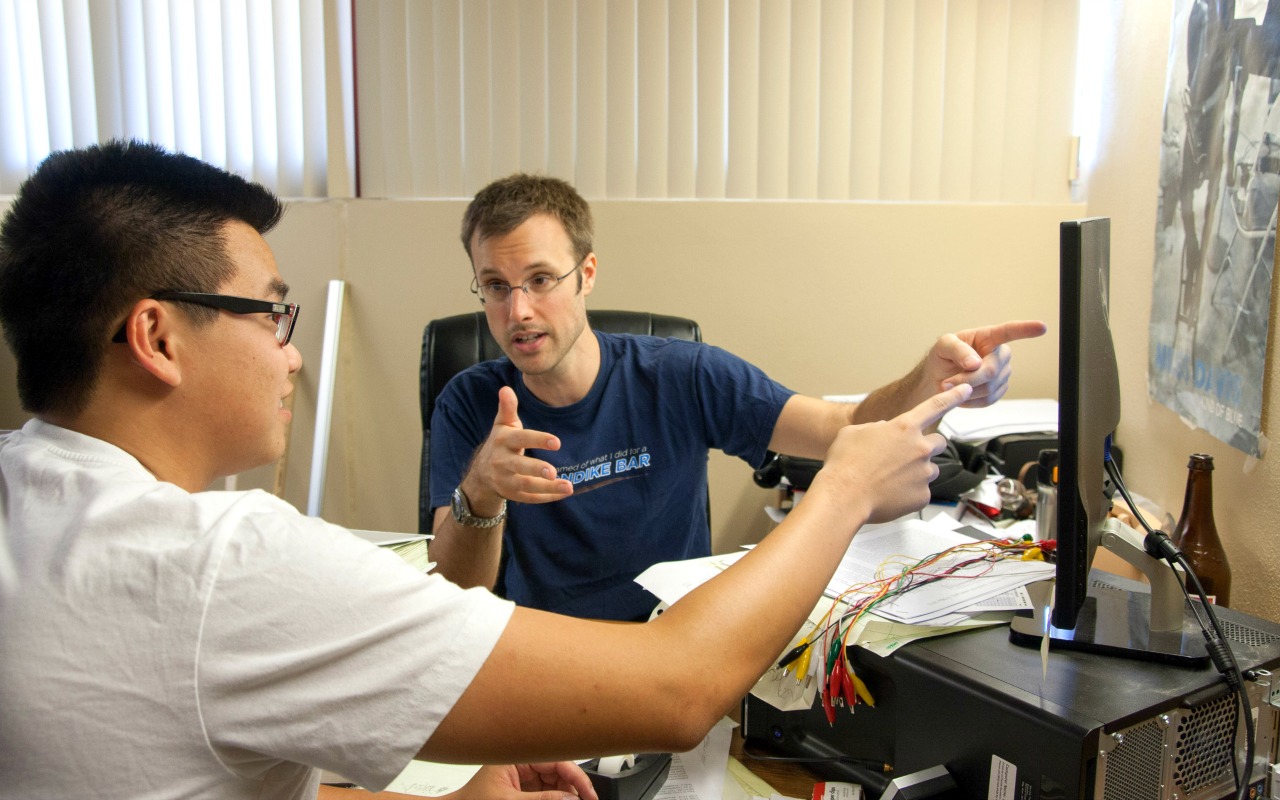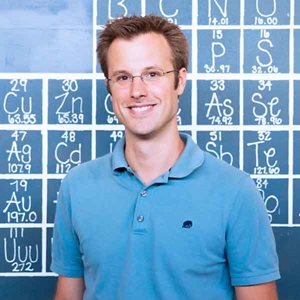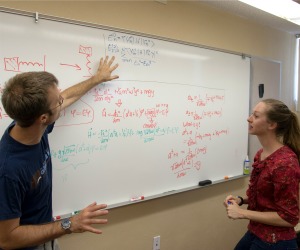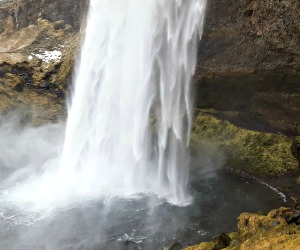
Increasing the Presence of Physics on the FSC Campus
Jan 30, 2017

The Department of Chemistry, Biochemistry, and Physics (CBP) is working hard to increase student exposure to the subject of physics as well as physics-related disciplines. Since physics is the most fundamental of all of the sciences, not only does a working knowledge of the subject increase one’s understanding of the universe around them, but the subject is often used in other disciplines such as chemistry, engineering and biology.
Additionally, the quantitative skillset that one acquires through a good education is extremely useful in the private sector. You can find physicists not only in engineering firms, but also in science policy positions, “quants” on Wall Street, in patent firms, consulting firms, and many other places. Through the development of the physics minor, Junior Journey experiences, and (hopefully in the near future) a physics major, the CBP department aims to provide FSC students with an education that will prove to be invaluable in their future career paths.

The physics minor at FSC
Physics is an incredibly profound discipline. With only six assumed equations and one idea, virtually everything that can be observed in the universe can be explained. Most of the things that these equations tell us (such as the trajectories of flying objects), perfectly agree with our experience in the natural world. However other things (such as when you’re traveling on an airplane you’re actually traveling into the future compared to people remaining on the surface of the earth) are true, but seem absurd. The physics minor is, in essence, a study of these six equations.
Some of the topics covered in the physics minor are Newtonian mechanics, electromagnetism, and very counterintuitive topics discovered in the 20th century, such as the theory of relativity and quantum mechanics. Physics is a very mathematically-orientated discipline. Students completing the minor will not only leave with a robust physical intuition, but also with greatly enhanced mathematical skills.
If you want to know more about how the world works and are up for a challenge, you should consider minoring in physics. If you are considering being an engineer (especially if you’re going through our 3-2 pre-engineering program), you should definitely consider minoring in physics.
The physics of Iceland

Recently, we took a group of students to Iceland to observe and learn the physics behind the northern lights, geothermal power plants, hot springs, and geysers. We had a great time seeing the dramatic beauty of Iceland and had stimulating discussions of quantum physics, statistical mechanics, and relativity.
Next we are planning a trip to Switzerland, where we will learn about particle physics at CERN as well as perform kinematics experiments in the presence of dissipative forces (just a clever way of saying that we’re going skydiving). Experimental studies of masses on springs in the presence of gravitational and drag forces (bungee jumping in New Zealand) could also be an incredible learning opportunity.
Star gazing
Finally, we also host star gazing events with the FSC astronomy club a couple nights a semester. All are welcome to attend. We have a couple high-end telescopes that offer a great view of Jupiter (as well as some of its moons), Saturn, and our own moon when they’re in the sky.
Come play with us and see for yourself just how fun the subject of physics can be.